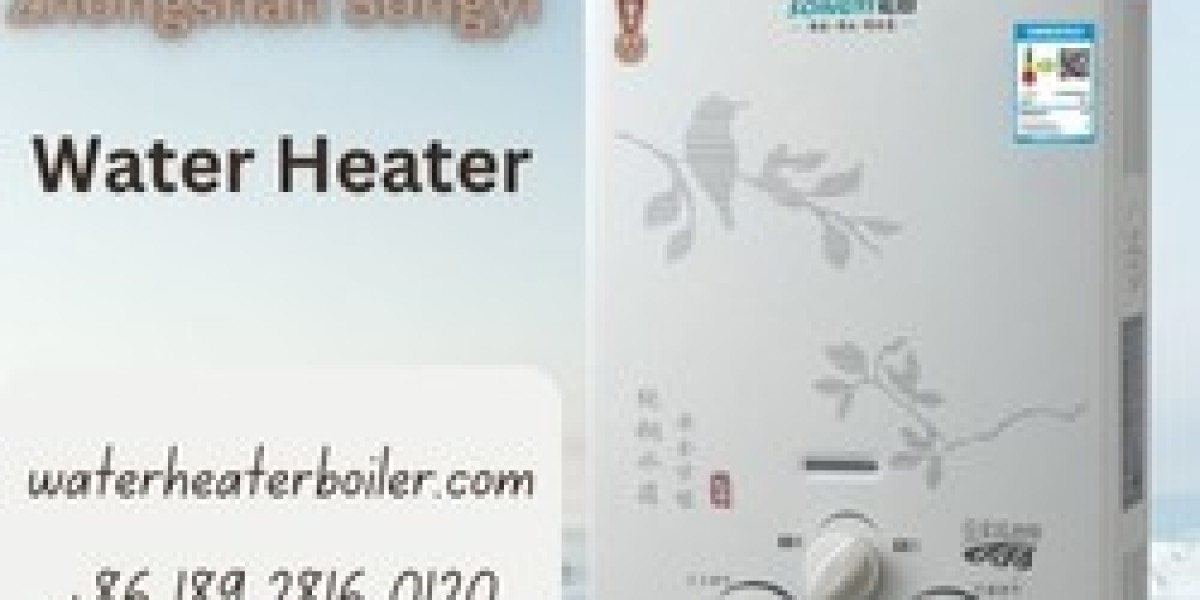Selecting the perfect water heater for your home is a crucial decision that impacts both your comfort and energy bills. This guide will walk you through the different types of water heater , their features, benefits, and how to choose the best one for your needs.
Types of Water Heaters
There are several types of water heaters available, each with its own advantages and disadvantages. Here are the most common types:
Tankless Water Heaters
- Description: These heaters provide hot water on demand without storing it in a tank.
- Pros: Energy-efficient, endless hot water supply, space-saving.
- Cons: Higher initial cost, may require larger gas lines or additional electrical work.
Storage Tank Water Heaters
- Description: These are the most traditional type, storing hot water in a tank for use as needed.
- Pros: Lower initial cost, simple installation, can supply hot water even during power outages.
- Cons: Higher energy consumption due to heat loss, limited hot water supply.
Heat Pump Water Heaters
- Description: These heaters use electricity to move heat from the air or ground to heat water.
- Pros: Highly energy-efficient, lower operating costs.
- Cons: Higher upfront cost, may require more space, less effective in colder climates.
Solar Water Heaters
- Description: These systems use solar panels to collect and convert sunlight into heat for water.
- Pros: Eco-friendly, can significantly reduce energy bills.
- Cons: High initial cost, dependent on sunny weather, requires roof space for solar panels.
Condensing Water Heaters
- Description: These heaters are similar to conventional storage tank water heaters but are more efficient by capturing and using hot exhaust gases.
- Pros: Highly efficient, can save on energy costs.
- Cons: Higher initial cost, may require special venting.
Key Considerations for Choosing a Water Heater
When selecting a water heater, consider the following factors to ensure you choose the best one for your home:
Fuel Type
- Water heaters can be powered by electricity, natural gas, propane, or solar energy. Choose a fuel type that is readily available and cost-effective in your area.
Size and Capacity
- Determine the size and capacity you need based on your household’s hot water usage. For example, a larger family may require a tank with a higher capacity or a tankless system that can handle multiple simultaneous uses.
Energy Efficiency
- Look for energy-efficient models to save on your utility bills. Check the Energy Factor (EF) rating, which indicates the efficiency of the heater.
Cost
- Consider both the initial cost and the long-term operating costs. While some models may be more expensive upfront, they can save you money over time through lower energy bills.
Installation and Maintenance
- Factor in the installation requirements and maintenance needs. Some water heaters may require professional installation and regular maintenance to operate efficiently.
Installation Tips
Proper installation is crucial for the safe and efficient operation of your water heater. Here are some tips:
Hire a Professional
- While DIY installation might save money, hiring a professional ensures that the heater is installed correctly and safely.
Follow Local Codes
- Ensure the installation complies with local building codes and regulations.
Location
- Install the heater in a location where it can be easily accessed for maintenance and repairs. Ensure there is adequate ventilation, especially for gas-powered heaters.
Insulate Pipes
- Insulate hot water pipes to reduce heat loss and improve efficiency.
Maintenance Tips
Regular maintenance can extend the life of your water heater and improve its efficiency:
Flush the Tank
- For storage tank water heaters, flush the tank annually to remove sediment buildup.
Inspect the Anode Rod
- Check the anode rod every few years and replace it if it’s corroded to prevent tank corrosion.
Check the Pressure Relief Valve
- Test the pressure relief valve annually to ensure it’s functioning properly.
Monitor for Leaks
- Regularly check for any leaks or drips around the heater and address them promptly.
Conclusion
Choosing the right water heater involves considering various factors such as type, fuel, size, efficiency, and cost. By understanding the different options and their benefits, you can make an informed decision that will provide reliable hot water and energy savings for years to come. Regular maintenance is also essential to ensure the longevity and optimal performance of your water heater.








